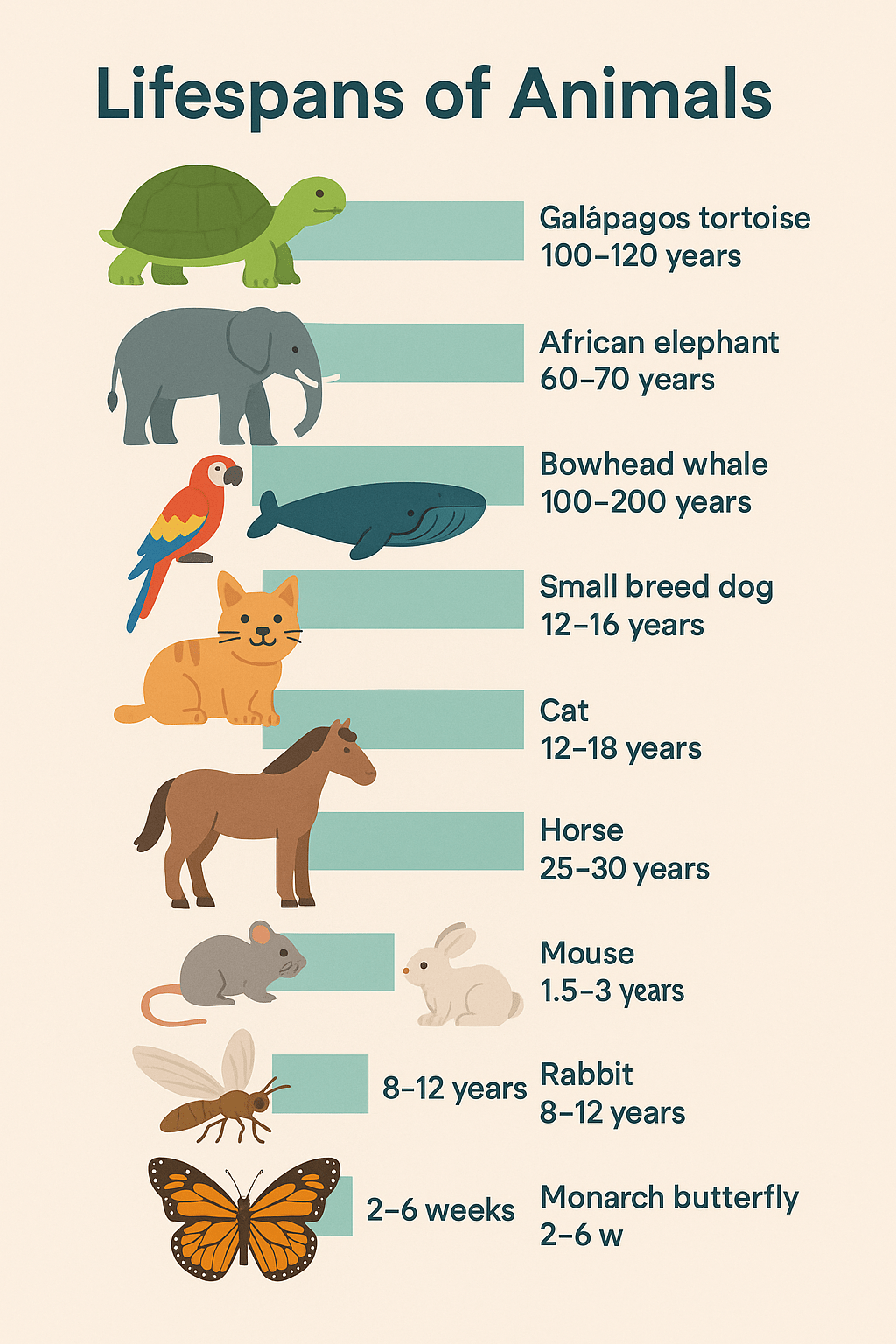
The Challenge of Online Identity in the Digital Age

In today’s digital landscape, the internet offers immense freedom and anonymity. While this can foster creativity and open communication, it also raises significant concerns about the ability to capture and reveal online identities. The ease with which individuals can create social media profiles under fake names and post anything online can lead to the spread of misinformation, fake narratives, and social issues related to hatred and discrimination based on race, religion, and other factors. In this blog post, we will explore the challenges and implications of online identity in the digital age, supported by relevant statistics.
The Anonymity Dilemma
Freedom vs. Responsibility
The internet was built on the principles of freedom and openness, allowing users to express themselves without fear of retribution. However, this freedom comes with the responsibility to use it wisely. The anonymity provided by the internet can lead to a lack of accountability, enabling users to post harmful content without facing consequences.
Fake Profiles and Pseudonyms
Creating a fake profile or using a pseudonym is relatively easy on most social media platforms. According to a report by the Pew Research Center, approximately 26% of adult internet users in the United States have used a fake name or posted content anonymously online. This anonymity can be exploited to spread false information or incite hatred.
The Impact of Fake Narratives
Spread of Misinformation
Fake narratives can spread quickly on social media, reaching a vast audience in a short period. A study by MIT found that false news stories on Twitter are 70% more likely to be retweeted than true stories. This rapid spread of misinformation can have real-world consequences, affecting public opinion and decision-making.
Social Issues and Hatred
The anonymity of online platforms can be used to promote hatred and discrimination based on race, religion, gender, and more. Hate speech and extremist content can be easily disseminated, contributing to social divisions and tensions. In India, a study by Amnesty International found that women politicians received twice as much abusive content on Twitter compared to their male counterparts, highlighting the gender-based hatred prevalent online.
The Role of Platforms and Technology
Platform Responsibility
Social media platforms play a crucial role in managing online identities and preventing the spread of harmful content. Companies like Facebook, Twitter, and Instagram have implemented measures to combat fake profiles and misinformation, such as verifying accounts, using algorithms to detect suspicious behavior, and providing tools for users to report abuse. However, these measures are not foolproof and require continuous improvement.
Technological Solutions
Advancements in technology, such as artificial intelligence and machine learning, can help identify and combat fake narratives and profiles. AI can analyze patterns in online behavior to detect anomalies and flag potentially harmful content. However, these technologies must be used ethically and transparently to respect user privacy and avoid undue surveillance.
Balancing Privacy and Accountability
The Need for Identity Verification
To mitigate the issues associated with online anonymity, there is a growing call for identity verification on social media platforms. Implementing systems that verify users’ identities without compromising privacy can help ensure accountability while maintaining freedom of expression.
Challenges of Implementation
While identity verification can reduce fake profiles and misinformation, it also raises concerns about privacy and data security. Users may be hesitant to share personal information, fearing misuse or breaches. Platforms must strike a balance between ensuring user privacy and maintaining a safe online environment.
Conclusion
In today’s world, capturing and revealing online identities is a complex issue with far-reaching implications. The ability to post anonymously on the internet can lead to the spread of fake narratives and social issues related to hatred and discrimination. While social media platforms and technology have a role to play in addressing these challenges, a balanced approach that respects user privacy and promotes accountability is essential. By working together, we can create a safer and more responsible online environment that benefits everyone.
Hello, I am Aman (: Full Time Traveler :) At the age of 41, in April 2023, fueled by my love for travel and the determination not to remain fixed like a tree, I embarked on a bold journey. Having dedicated 17 years to a corporate job, I chose to transition from a full-time employee to a full-time traveler, driven by the desire to break free from the routine and constraints of a conventional life. Along the way, I not only explored the wonders of travel but also uncovered the transformative power of financial freedom. I realized how it could liberate me to lead a life teeming with adventure, purpose, and fulfillment. Through my blogs, I am passionately sharing my story, aiming to inspire and provide valuable guidance to those, like me, who aspire to weave travel into a life overflowing with limitless possibilities.






















Post Comment
You must be logged in to post a comment.